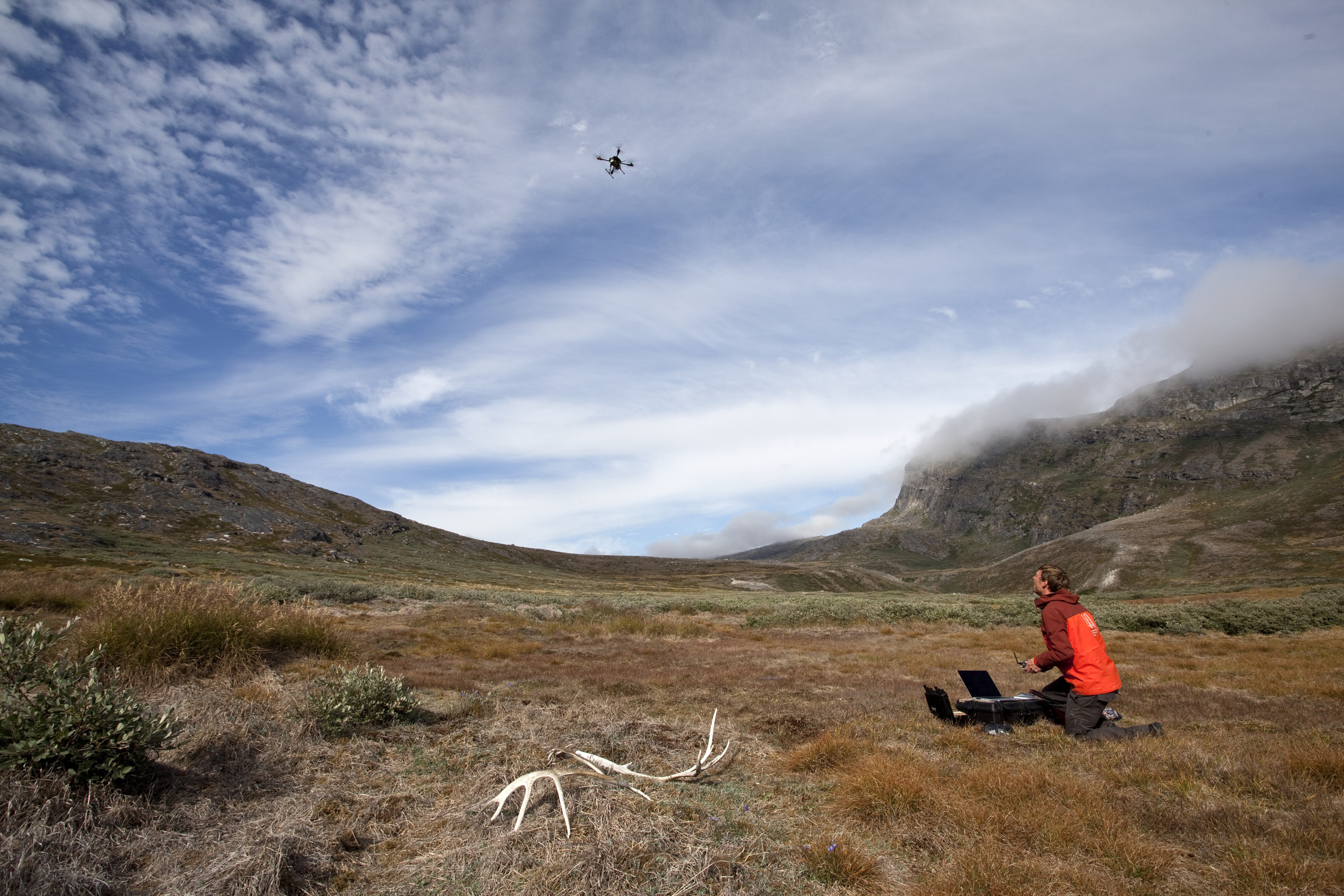Universitetsavisen
Nørregade 10
1165 København K
Tlf: 21 17 95 65 (man-fre kl. 9-15)
E-mail: uni-avis@adm.ku.dk
PhD thesis defense
PhD thesis defense — Rasmus Fenger-Nielsen 18 May
Date & Time:
Place:
Join the meeting by zoom link: https://ucph-ku.zoom.us/j/66966451817
Hosted by:
Geology Section, Department of Geosciences and Natural Resource Management (IGN)
Cost:
Free
Rasmus Fenger-Nielsen defends his thesis,
Archaeological sites threatened by climate change
– a regional perspective from Greenland
Supervisors:
Professor Bo Elberling, IGN
Senior Researcher Jørgen Hollesen, National Museum of Denmark
Professor Aart Kroon, IGN
Assessment Committee:
Professor Hans Huisman, University of Groningen – The Netherlands
Researcher Rosa Lasaponara, IMAA-CNR – Italy
Professor Rasmus Fensholt, IGN
Summary:
Archaeological sites in the Arctic are often extraordinary well-preserved due to favorable environmental conditions including cold temperatures, moist conditions and sparse vegetation, that minimize decay of the remains. However, climate change is leading to an extensive alteration of the Arctic environment with critical impacts on the archaeological remains: increasing air temperatures lead to permafrost thaw and increased microbial degradation in organic deposits; increased vegetation limit visibility and accessibility of sites due to plant overgrowth and plant roots disturb buried cultural layers and artefacts; finally, sea level rise and increased wave action increase coastal erosion of near-shore sites. Although the Arctic has ∼180,000 registered archaeological sites, very few have been investigated and little is known about their current state of preservation. Furthermore, a better understanding is needed of the impacts of climate change on the remains.
This thesis contributes to the understanding of the spatiotemporal dynamics of environmental threats to archaeological remains in the Arctic and the influence of climate change through five interlinked studies. The first study (Paper I) is a review of the impacts of climate change on archaeological sites in the Arctic. Paper II investigates current and future microbial degradation at five contrasting archaeological sites across a climate gradient through numerical modelling of soil temperatures, water content and loss of organic carbon (OC). Paper III and IV investigate the vegetation cover at the archaeological sites and the impacts of vegetation on archaeological remains. Finally, a regional multi threat assessment is presented in Paper V. This is done for the first time in an Arctic context and it uses a scalable methodology based on openly available data. The results suggest that the majority of the 336 known archaeological sites in the Nuuk region are already exposed to environmental impacts from microbial degradation, permafrost thaw, vegetation and coastal erosion, and that these impacts will increase over the next 80 years. The methodology represents an important first step to identify threatened sites at the regional scale, but it also emphasizes important data limitations.
A digital version of the PhD thesis can be obtained from the PhD secretary: Anne Marie Faldt amfa@ign.ku.dk
